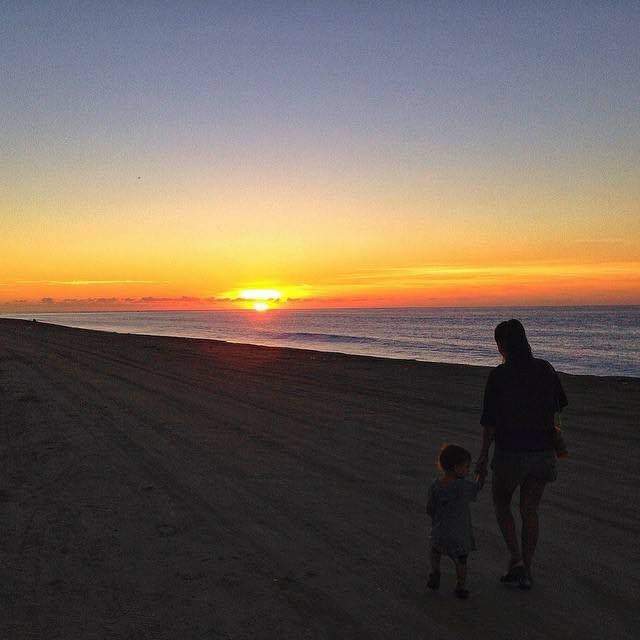
“We are taught to think that if we are aimless, we won’t get anywhere. But where are we going?” asks Thich Nhat Hanh in “The Doors of Liberation” essay.
It is said that there are three kinds of people: those who talk about people, those who talk about experiences, and those who talk about ideas. As we gather in community, the kind of person we are is key to what attracts people to us, and what also repels them.
No conversation is complete and no friendship is wholesome without the judgments each of us bring into the circle of trust. Mirrors to each other, we say what we see and often fail to recognize that what we see is sometimes not what it is, but who we are.
As such, we choose our circles, whether to be creative or destructive, hoping to be recognized and praised. We criticize others constantly, we judge ourselves based on another’s acceptance, and we more often than not wear the victim hat to get the attention we need. All of this is in sync with human nature.
Everybody is a victim at one time or the other, but those who use the victim role to continuously manipulate people and situations to their advantage usually do it without awareness. It is just a self-coping mechanism. And asking the victim to recognize itself is just as unlikely to be successful as us recognizing the victim within ourselves that might try to manipulate others.
A victim will tell you her or his story (whether it’s the story of her entire life or the story of a moment in life) to validate their needs and disarm your self-defense. Our natural, “good person” response to a victim is to try to help them feel better, to rescue them, to cheer them up. And from there, it becomes a self-centered vortex in service of no one, but the archetype of the victim in every one of us. It is complex, but not too far from the truth.
So, ask yourself, where are we going?
Every time someone is trying to steer your consciousness toward their opinion as if to make it yours, or else feel eternally guilty for not following suit, ask these questions. Whether it’s on TV, in a movie or book, from a teacher, a celebrity, a friend, a neighbor, or a family member, the right questions to ask are:
Where are we going? Is this beneficial to you, to me, to everyone?
This is a great point of resonance and a window into our nature as a species.
We rush, we fidget, we create, we destroy, and we also suffer. We find proud justification for saying that all we do, we do to achieve a goal, to fulfill a dream, to achieve a vision. There is a point of focus, a direction we choose to go, and in the midst of our race, we forget where we are all going.
Sure, why should we talk about death while we are still alive? Existentialism can seem like a waste of time for everyone, and a cause of anxiety for those who like to observe their existence when daily life seems to demand from us one thing only: performance.
People like to talk about what we want to do, what we will do, what we have done, so performance is at the center of the human conversation and generational education, but unless there is a noble practice as a foundation, we don’t often do things just to benefit others, as much as to benefit ourselves.
We often feel the need to place our efforts on achievement, comfort, recognition; but through human reality itself, we instead keep our effort on survival. On surviving birth, surviving our family, surviving our jobs, surviving our health, surviving each other. The human drama continues non-stop as the collective consciousness develops its awareness—looking for sense in what seems to be an abstract universal reality.
Where are we going? Do you know?
As everything changes, no doubt, we all continue breathing—until we don’t any more. Perhaps the question is not only where are we going, but how can we make it there in peace. To that question, one answer comes to mind: practice makes the master.
~
Author: Yesica Pineda
Image: Courtesy of Author; Sara Biljana Gaon/Flickr
Editor: Catherine Monkman










Read 1 comment and reply